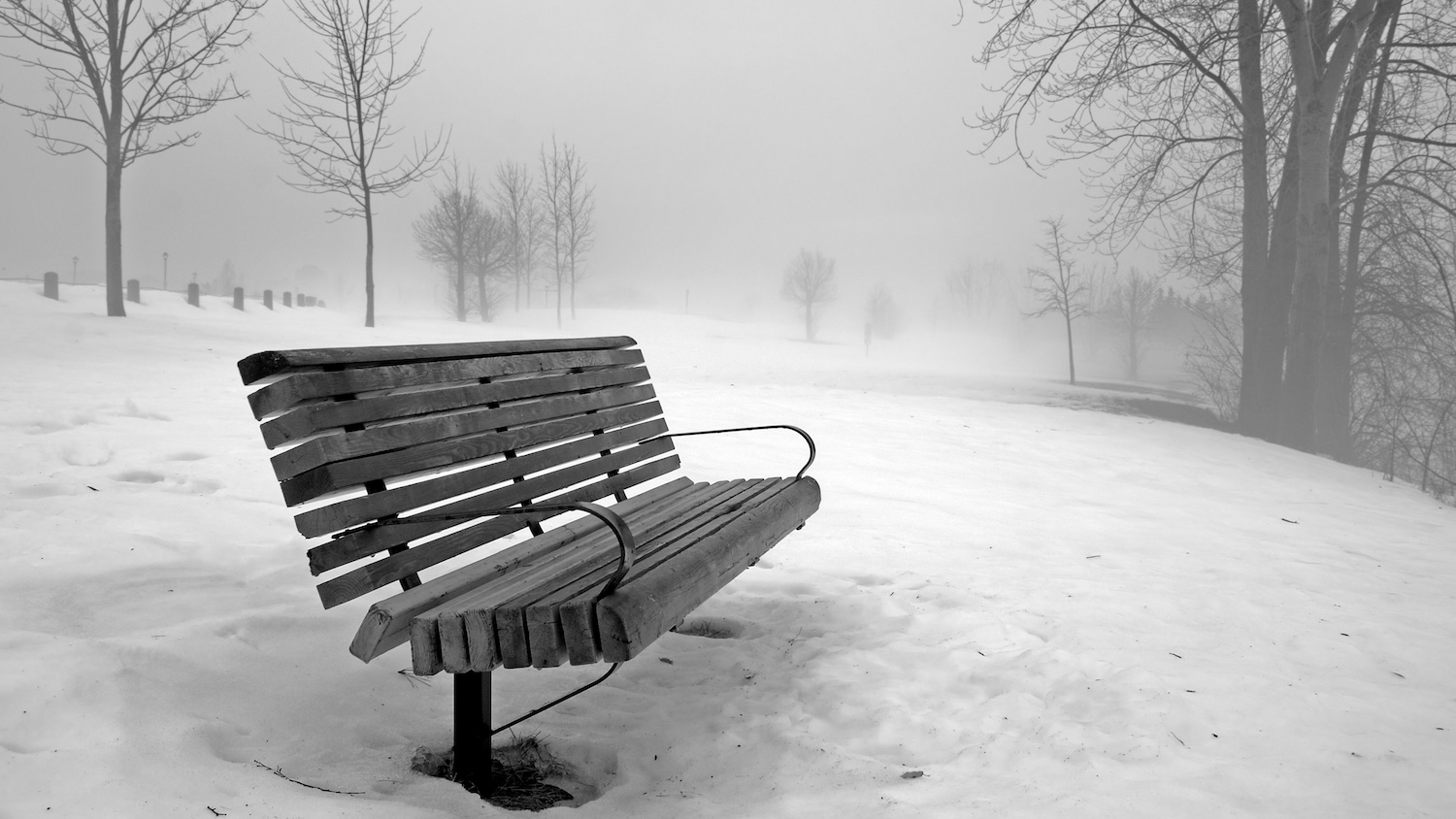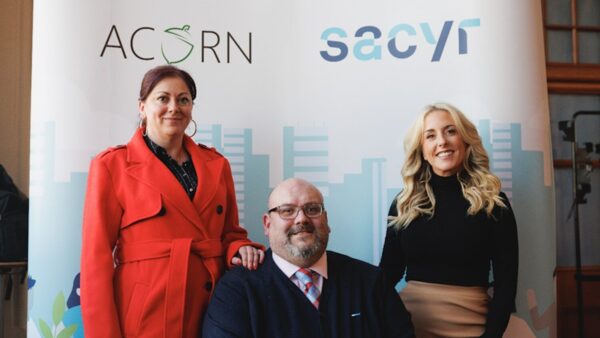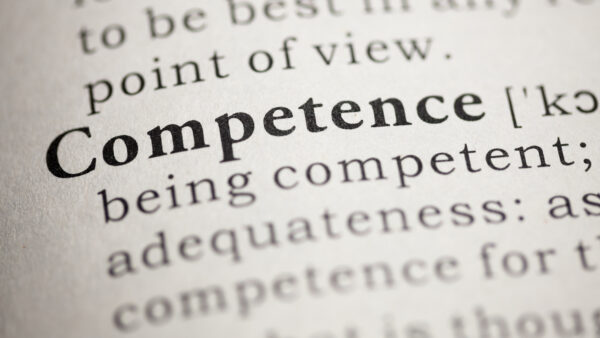
With year-end pressures mounting, many construction teams face increasing fatigue and stress. Read on for practical guidance for leaders on how to protect workforce wellbeing.
Mental health in construction remains at crisis levels. This year, the Chartered Institute of Building found that 28% of people working in the sector have experienced suicidal thoughts.
And as the colder months set in, the combination of tight deadlines and the social pressures of the season can take a serious toll.
Wellbeing cannot be an afterthought or something we address only when a crisis occurs – it is a matter of health and safety.
Leaders have a duty to spot the signs early and take action before anyone has to ask for help.
Supporting mental health must be a year-round priority if we are to truly look after our workforce. Our teams should never be left to suffer in silence.
Open and honest conversations
Having a safe space to speak out about mental health challenges is critical for any industry. This is why charity Mates in Mind was founded – to encourage construction workers to speak openly and to drive a lasting culture change.
Supporting mental health must be a year-round priority if we are to truly look after our workforce. Our teams should never be left to suffer in silence
The organisation found that male construction workers are almost four times more likely to die by suicide than the national average for men.
This statistic is a stark reminder to be alert to the extra pressures winter can bring.
Stigma around mental health still holds many people back from speaking up. Our industry must make it clear that asking for help is not a weakness, it is a strength.
Preparing for wet and darker days
Cold, wet weather and shorter daylight hours affect more than just productivity; they can also impact both physical and mental health.
Fatigue sets in faster, morale dips and, for some, the lack of sunlight can trigger seasonal affective disorder (SAD).
Ensuring everyone has access to proper PPE for winter conditions, keeping sites well lit, and allowing more frequent breaks to reduce strain and maintain focus are all simple but essential measures.
Providing warm, dry spaces where people can take a break, have a hot drink or change into dry clothes also helps create a sense of care.
When people feel supported and alert, they make safer decisions. Poor mental health or fatigue can lead to an increased risk of accidents.
As conditions worsen through winter, teams must remain mindful of how wellbeing and safety are closely linked.
Steps like these reinforce that comfort and wellbeing are not luxuries, they are essential to keeping teams safe through colder months.
Hidden strain behind the festive season
For some, the colder weather signals the excitement of the festive season. But while some see this as a time for celebration, for others it can heighten feelings of isolation and fatigue.
Around one in nine people spent Christmas Day alone last year, a reminder that not everyone experiences this period as joyful.
In construction, where long hours and demanding schedules are common, the end of the year can quietly take its toll.
Providing warm, dry spaces where people can take a break, have a hot drink or change into dry clothes helps create a sense of care
Leaders have a responsibility to create workplaces where people feel valued and connected.
Regular check-ins, informal catchups or moments that bring the full team together can make a real difference in helping colleagues feel seen and supported.
Leading by example
Fostering genuine conversations about wellbeing, and normalising discussions around mental health, is a core responsibility of any leader.
Sharing resources such as helplines, counselling services or employee assistance programmes ensures support is accessible to those who may not feel comfortable speaking openly.
At Seddon, wellbeing training and designated mental health first-aiders help managers identify stress, spot early warning signs and respond effectively.
Alongside this, practical actions such as flexible scheduling, regular workload reviews, and team get-togethers – from bacon butty Fridays to fish and chip suppers – all play a part in easing pressure and boosting morale.
Celebrating project milestones with cake (because who doesn’t love cake?) and recognising hard work, especially when the weather turns, also go a long way in showing care and appreciation.
It is okay not to be okay
While wellbeing initiatives matter all year round, this time of year – when loneliness and end-of-year burnout often peak – demands extra care, connection and compassion.
A culture of care doesn’t just protect people, it builds stronger, safer and more resilient teams.
As we head into a new year, every construction leader has the power to make wellbeing more than a policy, but part of how we build.
If you or someone you know is struggling, reach out for support. Organisations such as Mates in Mind, Lighthouse, or Mind offer confidential help and resources for anyone in need.
Nicola Hodkinson is owner of Seddon Construction and trustee of Mates in Mind.
Mental health support and advice for CIOB members, past members and related family is available through CIOB Assist. CIOB, in partnership with Anxiety UK, also provides wellbeing support.









